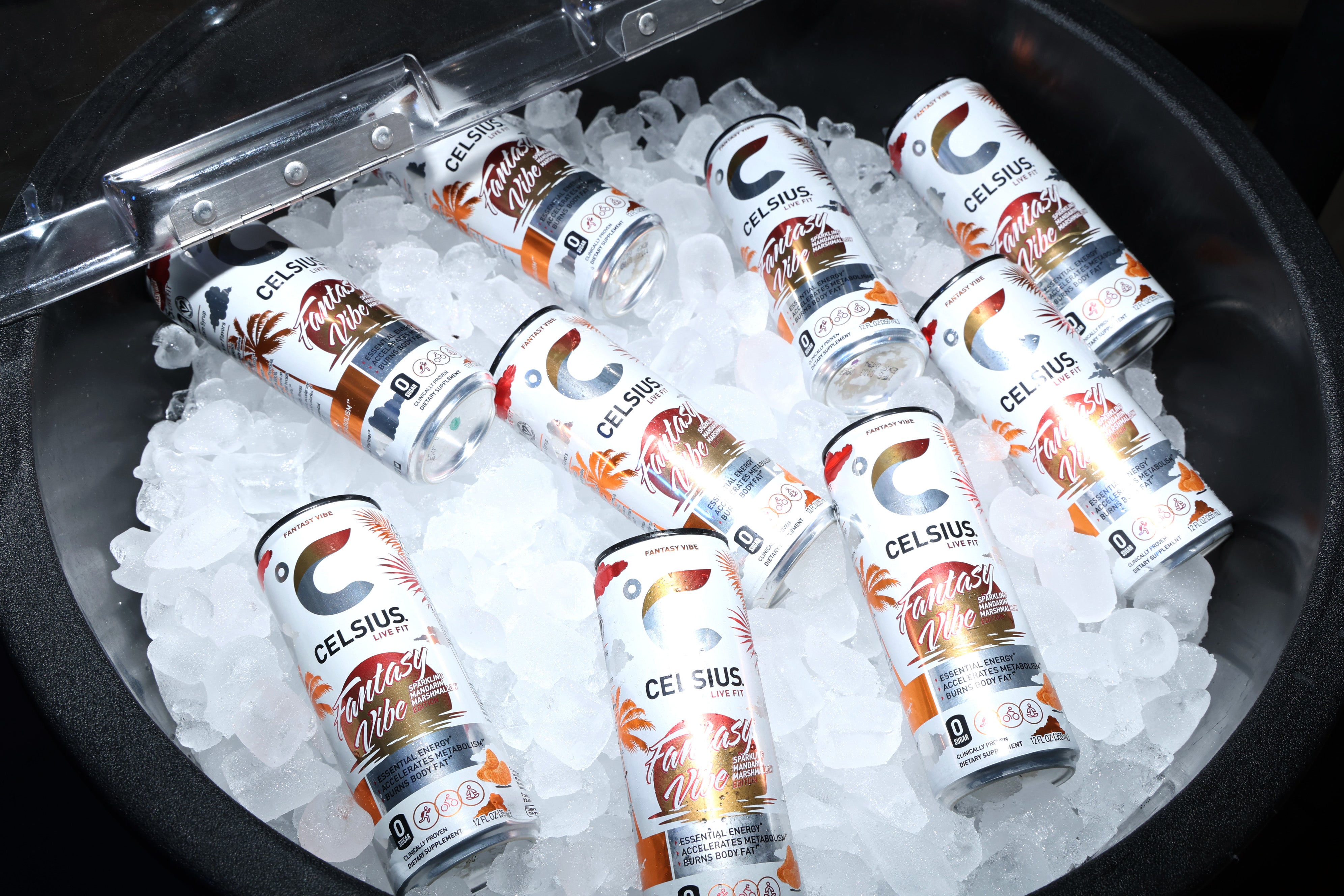A recent study published in Nature has raised concerns about taurine, a widely used amino acid in energy drinks such as Red Bull and Celsius, indicating it may increase the risk of blood cancers.
Researchers at the University of Rochester’s Wilmot Cancer Institute discovered that leukemia cells absorb taurine, which develops in bone marrow, using it to fuel their growth through a process called glycolysis. This is the process where cells break down glucose to produce energy, which cancer cells use to grow.
While taurine is naturally produced in the human body and found in foods such as meat and fish, it is also added to many energy drinks for its purported benefits, such as improving mental performance and reducing inflammation. It has also been used to alleviate chemotherapy side effects in leukemia patients.
However, the study suggests that the excessive intake of taurine, particularly through supplements and energy drinks, could exacerbate leukemia by providing additional fuel for cancer cells.
The study looked at mice with a special gene called SLC6A6, which helps move taurine around the body.
Scientists also gave these mice human leukemia cells to see how they would react. They discovered that healthy bone marrow cells produce taurine, which the SLC6A6 gene then transports to the leukemia cells, potentially helping them grow.
The researchers emphasized the need to weigh the risks and benefits of extra taurine for leukemia patients and energy drink consumers, given its widespread availability.

Although the study is still early, researchers are hopeful that blocking taurine in leukemia cells could lead to new treatment options. The study is part of a larger effort to find whether taurine may also contribute to the spike of other cancers, such as colorectal cancer.
The American Cancer Society projects that over 192,000 Americans will receive a diagnosis of blood cancer in 2025. This includes an estimated 66,890 new leukemia cases, 89,070 new lymphoma cases, and 36,110 new myeloma cases.







